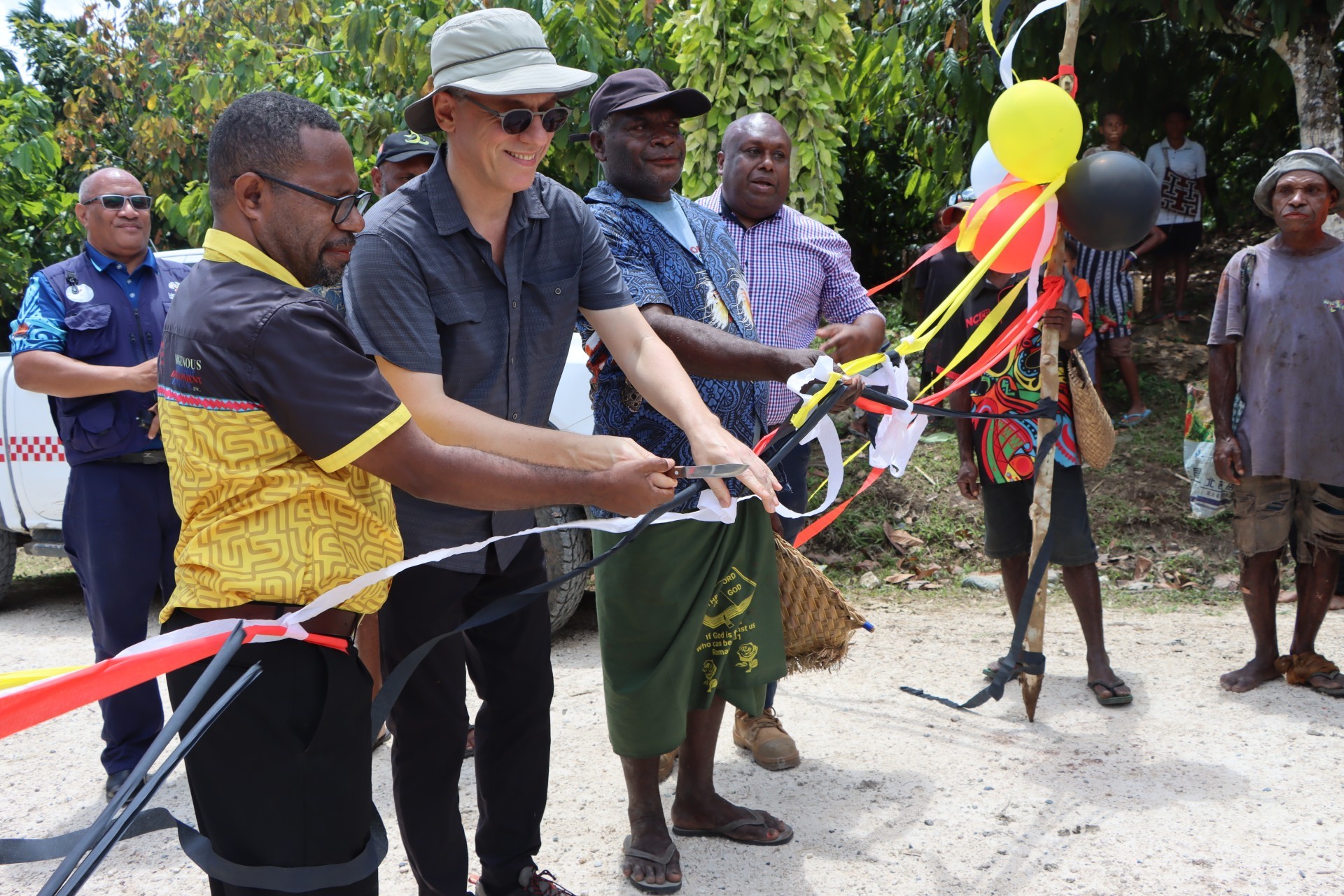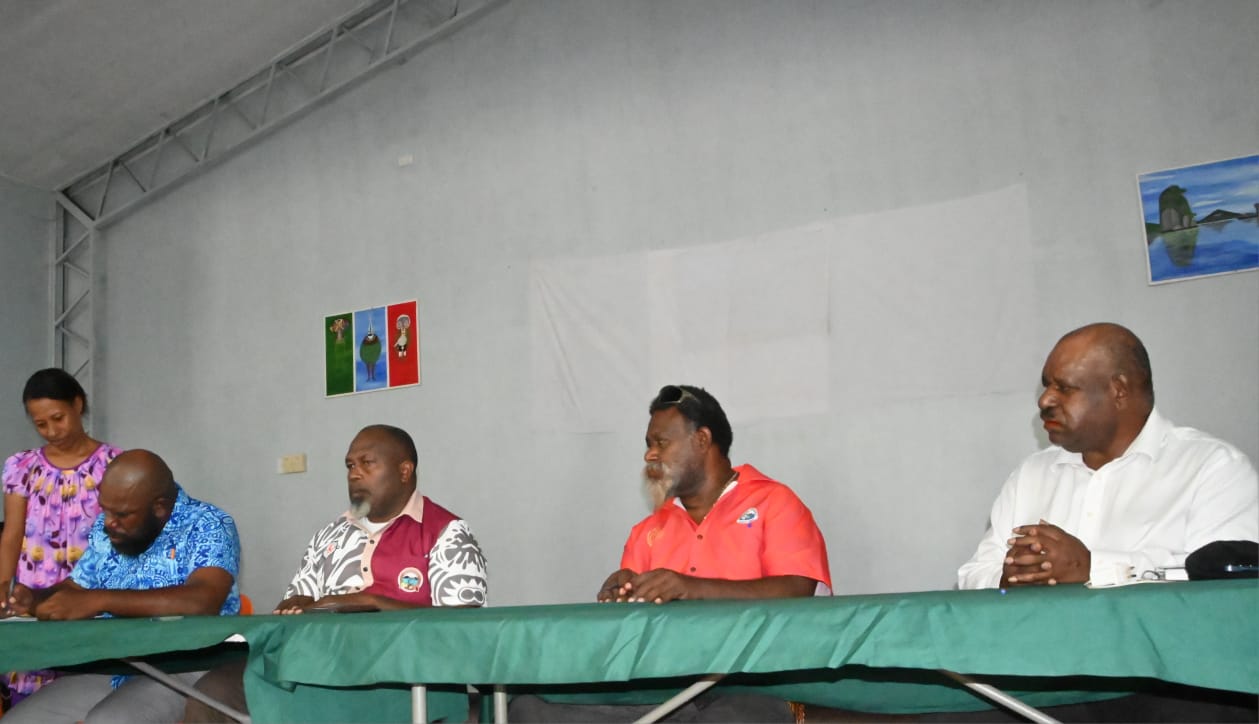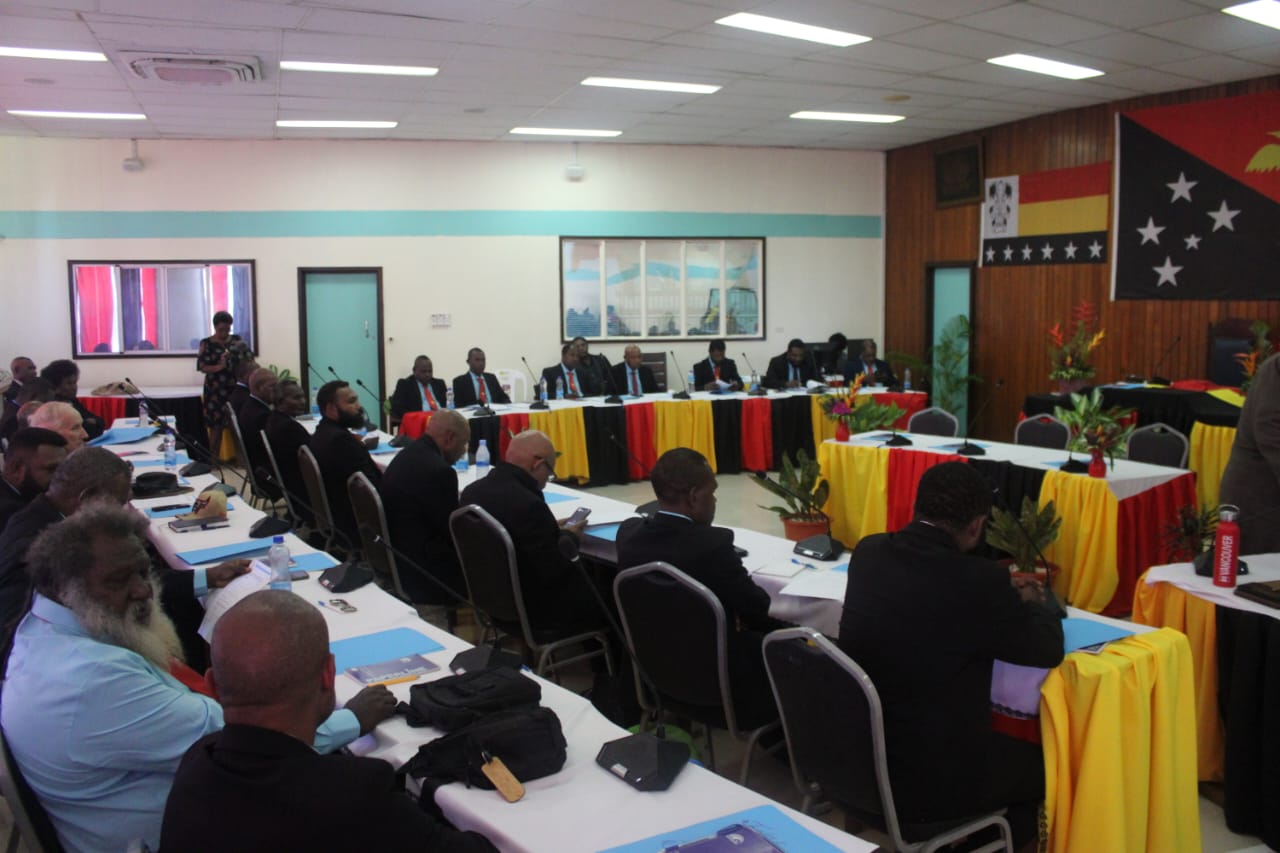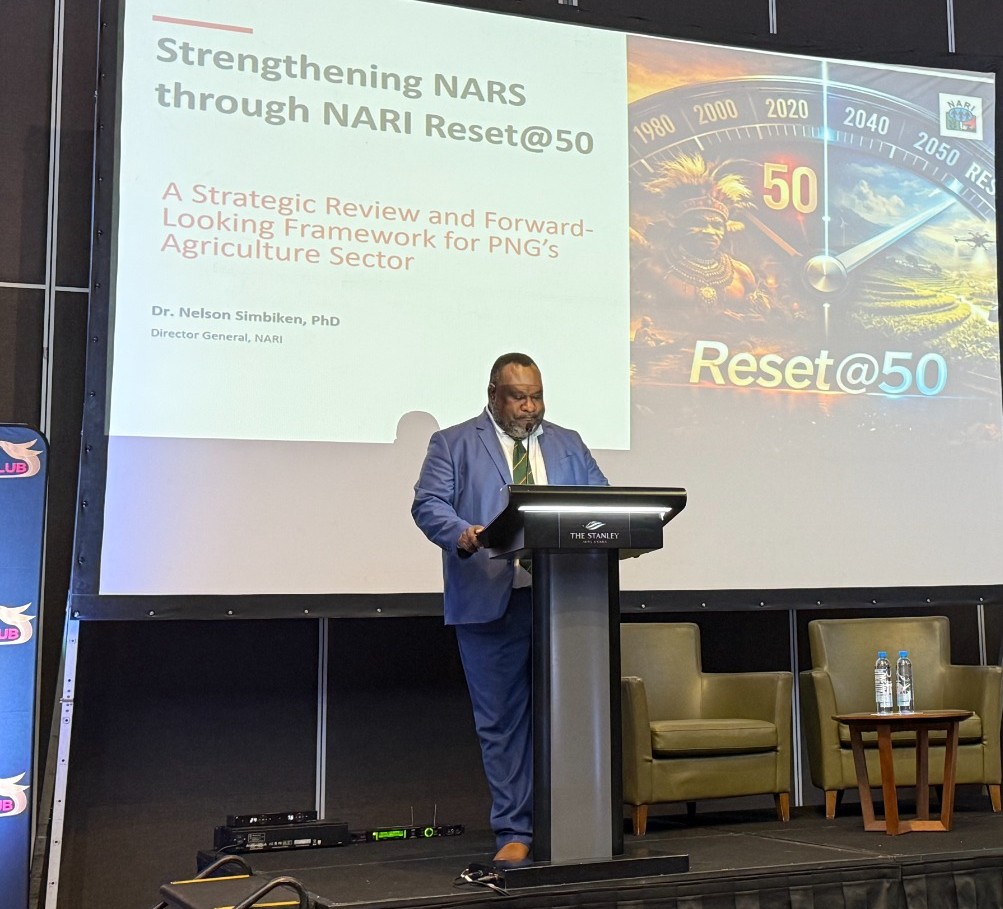Persons with disabilities are part of the community that we live in. Often times because of their special needs, they are shunned and marginalized. Whilst there has been increase in advocacy initiatives for inclusion of persons with disabilities in development initiatives, such is not the case in reality.
WaterAid PNG has been working with communities where persons with disabilities are involved in transformative solutions for access to safe water, hygiene and sanitation. With this year’s International Day of Persons with Disability (IDPD) theme; “Transformative solutions for inclusive development: the role of innovation in fueling an accessible and equitable world,” one such person who is taking a leading role in ensuring Pari villagers are informed of safe and inclusive water, sanitation and hygiene is Simon.
Simon Kwalahu is a 31-year-old visual impaired male and father of one from Pari Village, in the National Capital District. He is taking that lead in sanitation and hygiene awareness with 12 other Water, Sanitation and Hygiene (WaSH) Committee members in preparation of the soon to be implemented Pari Water Supply Pilot Project.
This project will supply clean and safe water to Pari Village through a canteen like structure called a water kiosk from which community members will buy water. It is an initiative of the Motu Koita Assembly (MKA) in partnership with WaterAid PNG and supported by Australian Government as part of the Water for Women WaSH Consortium Program.
Simon was selected to be a member of the WaSH committee due to his role as a member of the Papua New Guinea Disabled Persons Assembly (PNG ADP), a national umbrella body representing organizations of persons with disabilities, in order to promote and protect their rights and advocate for their needs in the country.
“With my disability, it helped me to be in the WaSH Committee to represent all People with Disability including my visual impairment or any other impairments.”
His involvement to advocate on behalf of persons with disabilities is more than just a personal quest as his is also married to a woman, Theresa Karukuru with visual impairment who is twice more vulnerable to marginalization in accessing safe water due to being a women and visual impaired.



